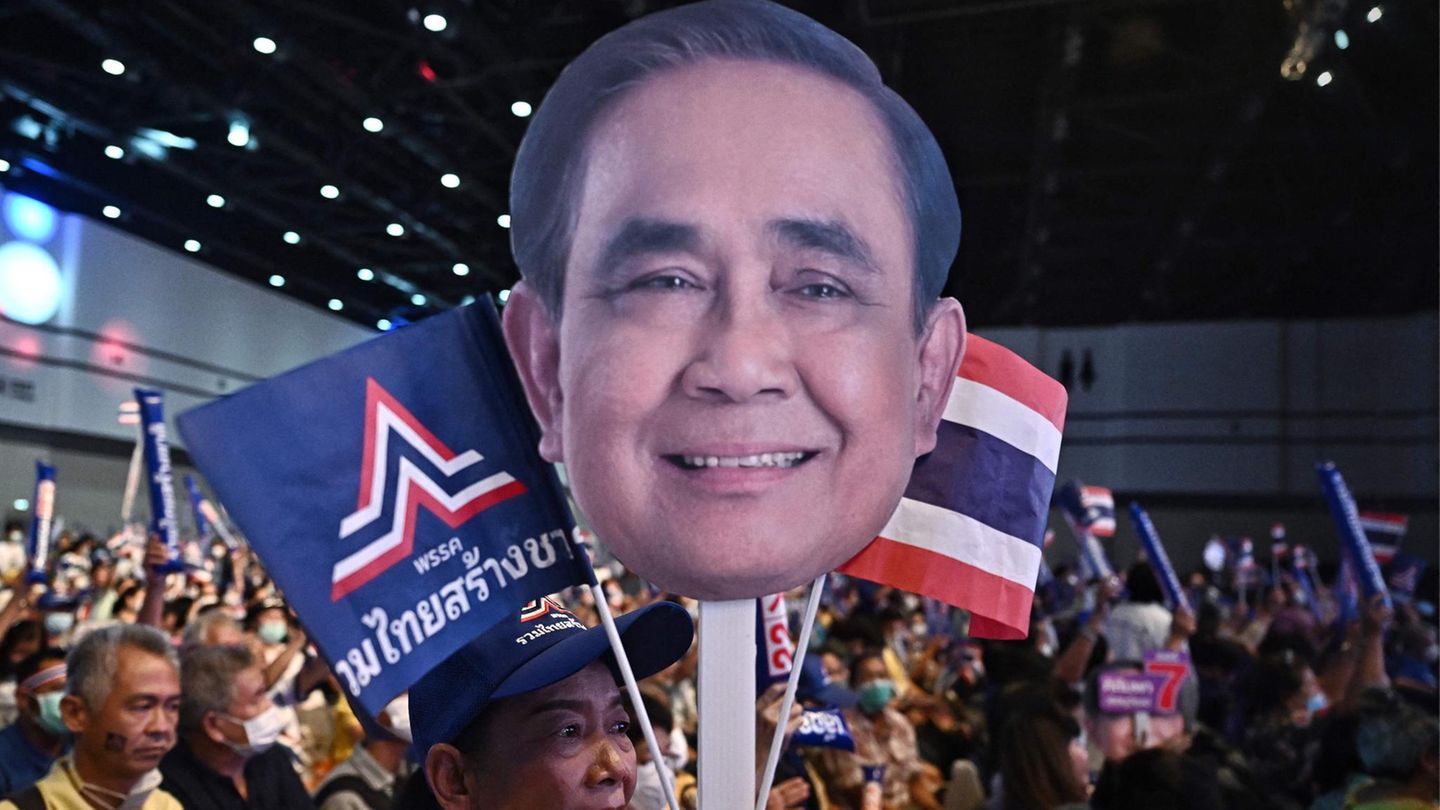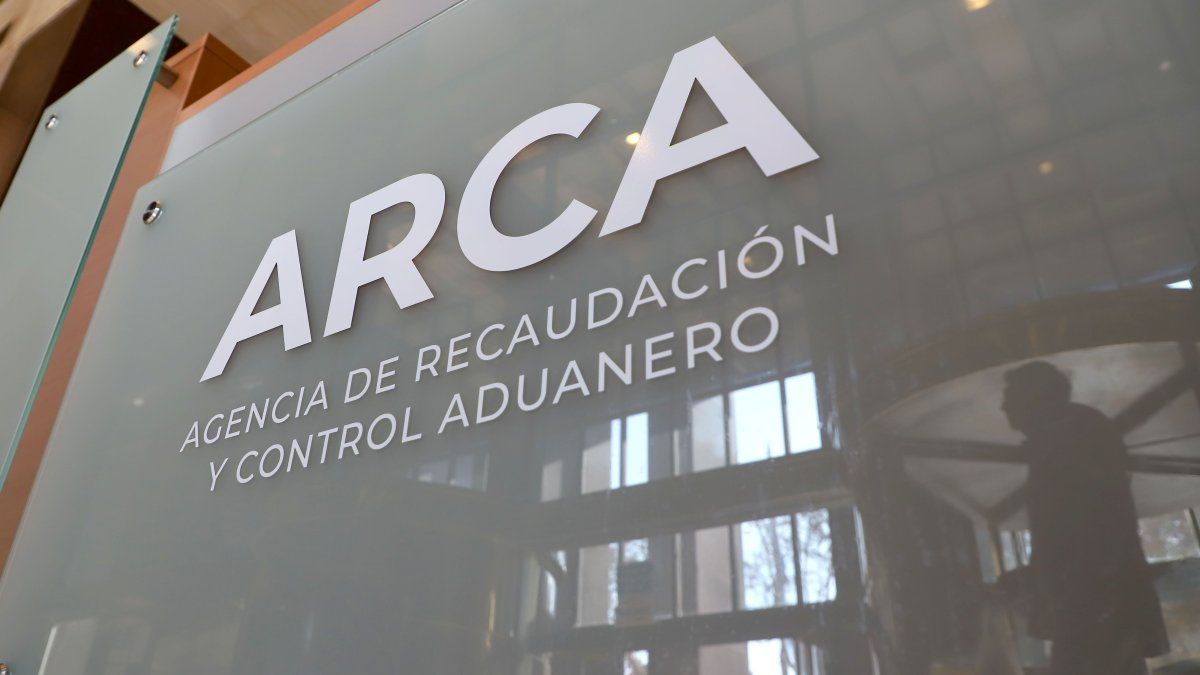Not only in Turkey and in Bremen – on Sunday there will also be elections in Thailand. It is an important choice for the country that many Germans primarily associate with holidays. After eight years, the opposition could replace the military junta.
Thailand faces a crucial election on Sunday: According to surveys, the young opposition movement has a good chance of replacing the conservative, military-backed government. Answers to the most important voting questions.
Who are the favourites?
The 69-year-old incumbent Prime Minister Prayut Chan-o-Cha, who came to power in a coup in 2014, is a candidate for the newly founded United Thai Nation (UTN) party. His former ally, ex-General Prawit Wongsuwan, is running for the army-backed Palang Pracharath (PPRP).
The opposition Pheu Thai party, with its top candidate Paetongtarn Shinawatra, leads the polls. The 36-year-old is the daughter of billionaire Thaksin Shinawatra, who was ousted in 2006 and now lives in exile. The young move-forward party competes with their boss Pita Limjaroenrat.
Who is elected in Thailand?
Of the 500 members of the House of Representatives, 400 are elected in the same number of constituencies. The remaining 100 seats are allocated through the party lists according to proportional representation. The election commission has two months from election day to confirm the result.
How is the Prime Minister appointed?
The members of the House of Representatives and the 250 senators appointed by the military are expected to elect the head of government in early August. Any party that has at least 25 seats can nominate one candidate. The candidates do not have to be elected parliamentarians. Head of government will be whoever gets at least 376 votes.
What role does the army play?
The current system, introduced by the military in 2017, favors candidates recognized by the army. Since they have the support of the Senate, they only need 126 votes from the House of Representatives. The human rights organization Human Rights Watch has therefore criticized structural flaws in the electoral system.
Which coalition is likely?
The main opposition party, Pheu Thai, will likely need to find allies in order to govern. Coalitions are common in Thailand and can be very large: more than a dozen parties are involved in the outgoing government. Pheu Thai ruled out an alliance with the PPRP or the UTN. The second major opposition party, Move Forward, offers itself as a partner; the Democratic Party and Bhumjaithai could also secure a majority.
Dream destination in Asia
Islands, temples, quiet bays: Eight tips for a holiday in Thailand
Could the military coup again?
Since the end of the absolute monarchy in 1932, there have been twelve successful coups in Thailand. “There must be no more coups,” Prime Minister Prayut said in March. However, the scientist Alexandre Barthel from the Chulalongkorn University in Bangkok doesn’t think it’s out of the question: “If Pheu Thai gets a majority, it’s possible that the military will intervene again. Not necessarily immediately, but one, two or three years later.”
It was the same in 2006 and 2014, when the military first ousted Thaksin Shinawatra and then his sister Yingluck Shinawatra from power, says Barthel. Parties could also be banned – like the Future Forward 2020 party, which was then re-established as Move Forward.
Source: Stern
I have been working in the news industry for over 6 years, first as a reporter and now as an editor. I have covered politics extensively, and my work has appeared in major newspapers and online news outlets around the world. In addition to my writing, I also contribute regularly to 24 Hours World.




